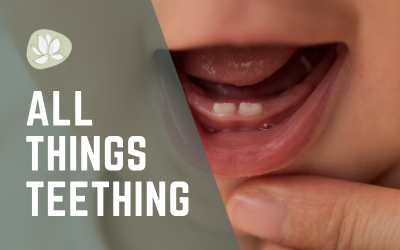If you’ve yet to learn about Enneagrams, now is the time!
The Enneagram is a personality typing system that can help you better understand yourself and others. It consists of nine distinct types, each with unique traits, strengths, challenges, and specific ways of relating to others.
Each of the nine enneagram types is further characterized by a core fear, desire, and motivation, which shape the individual’s personality, behavior, and thinking patterns.
Enneagrams can also be used in interpersonal relationships, as they can help individuals understand the motivations and behaviors of others. By recognizing the enneagram type of someone else, you can gain a greater appreciation for their perspective and better communicate with them, as you will know how to deliver information in a manner that can be heard and accepted.
Overall, the concept of enneagrams is vital because it provides a framework for understanding human behavior and motivation, both in ourselves and others. By gaining a deeper understanding of the enneagram system, individuals can develop greater empathy, communication skills, and self-awareness, improving relationships and personal growth.
Here’s a beginner’s guide to understanding the Nine Types with a brief description of their core motivations and fears:
- Type 1: The Perfectionist – Motivated by a need for order, structure, and perfection and driven by the fear of being wrong or making mistakes. They are highly organized and detail-oriented but can also be critical and judgmental of themselves and others.
- Type 2: The Helper – Motivated by a need for love, validation, and helping others, they fear being unloved or unneeded. They are caring and supportive but can also be overly dependent on others for validation.
- Type 3: The Achiever – Motivated by a need for success, recognition, and accomplishment, their fears are of failure or not being successful. They are goal-oriented and ambitious but can be overly focused on their image and reputation.
- Type 4: The Individualist – Motivated by a need for uniqueness, meaning, authenticity, and fear of being ordinary or not unique. They are creative and expressive but can also be overly self-absorbed and moody.
- Type 5: The Investigator – Motivated by a need for knowledge, understanding, and privacy and driven by the fear of being overwhelmed or invaded. They are analytical and independent but can also be detached and isolated.
- Type 6: The Loyalist – Motivated by a need for security, support, and stability and fears of being abandoned or without support. They are loyal and responsible but can also be anxious and indecisive.
- Type 7: The Enthusiast – Motivated by a need for excitement, pleasure, freedom, and fears of being deprived or missing out on opportunities. They are spontaneous and adventurous but can also be scattered and avoidant of difficult emotions.
- Type 8: The Challenger – Motivated by a need for power, control, and justice and fears being controlled or vulnerable. They are assertive and protective but can also be confrontational and domineering.
- Type 9: The Peacemaker – Motivated by a need for harmony, peace, avoiding conflict, and fears of conflict or separation. They are easy-going and accommodating but can also be passive-aggressive and avoidant of their needs.
Understanding Your Type: To determine your Enneagram type, you can take a reliable online assessment (my favorite is below) or study the descriptions of each type to identify the one that best describes your behavior patterns, thoughts, and emotions.
A Key Point to Remember
- Core Motivations: Each Enneagram type is driven by a core motivation, or “basic fear,” that influences their behavior. Understanding these motivations can help you understand why you behave the way you do and develop strategies for personal growth.
This test and subsequent studies on my behavior and my husbands have saved us thousands in marriage counseling. We love knowing how each of our minds works and how best to deliver information when things are tough. My favorite test is
Enneagram Institute and our favorite book on understanding more is
The Road Back to You. Take the test and see what you discover today!
In conclusion, the Enneagram is a powerful tool for personal growth and understanding. By learning about the nine types and how they influence behavior, individuals can gain valuable insight into their limiting beliefs and behaviors. Learn how to cultivate their strengths, motivations, and improve relationships, develop mindfulness practices to help recognize and regulate their emotions, set goals that align with their core values, and seek support and guidance from therapists, coaches, or other professionals. However, it’s important to remember that the Enneagram is not rigid; everyone is unique and complex. Use the Enneagram as a guide, but allow yourself room for individuality and growth.




Recent Comments